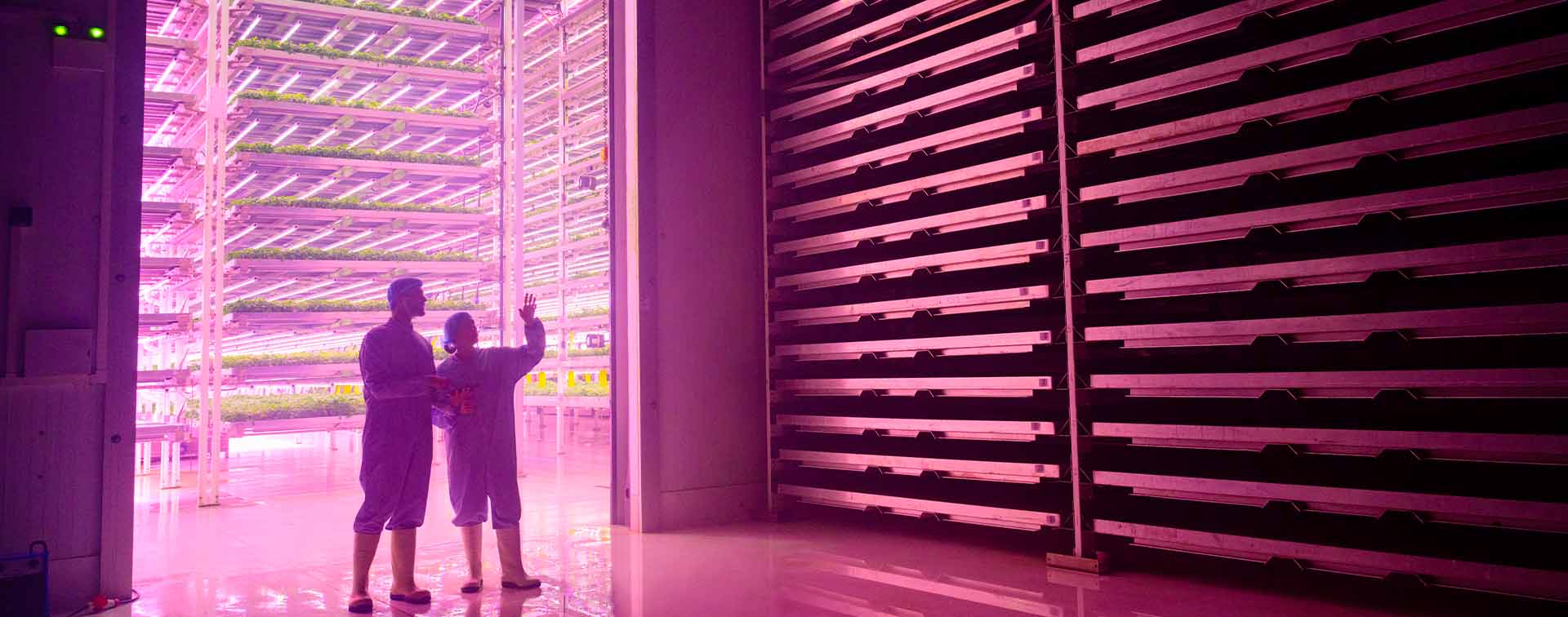
Michael Pellman Rowland is a wealth advisor and sustainability expert. After 16 years at Morgan Stanley in New York, he now an impact expert and board member with Baseline Wealth Management in Switzerland and is a resident of Monaco.
When investors make the decision to fund an investment that is motivated by sustainability, it’s often because of common themes such as water efficiency, food accessibility, and energy intensity. More recently, an unexpected motivator has become more prevalent in the world of sustainable investing: national security.
There are two main drivers of this trend. One is supply chain disruptions, due to Covid and the war in Ukraine. The other is geopolitical saber rattling (mainly between the USA and China). Both are activating a move towards deglobalization. These two events are likely to reshape the next few decades, and investors must take note to both protect their wealth and capitalize on these megatrends.

So, what do national security and impact investing have to do with this? Well, the main arguments are best summarized in the points below:
If your trading partners of today become your enemy tomorrow, you need to ensure your manufacturing/production is increasingly done domestically
If you rely on unstable parts of the world for your food/energy/commodity needs, then you have to develop alternatives to ensure these supply challenges don’t stall economic growth and drive inflation
This is easier said than done when trying to recalibrate trillions in trade relationships that have been developed over decades. Thus, one must turn to technology to find innovative ways to produce more with less, and in environments that were previously unsuitable for production.
For example, the UAE is growing alternative proteins and building vertical farms on desertified land thanks to technologies developed by companies such as Upside Foods and AeroFarms. Since the UAE imports over 90% of its food, investing in and supporting companies that can help onshore production of key commodities is an absolute must.
Separately, Japan and Singapore have legalized the consumption of cellular agriculture, and companies such as Eat Just are now offering chicken made from cells to enterprising consumers. It’s likely not long before other countries around the world follow suit.
For investors, particularly those that have recently relocated around the globe, being aware of these national security challenges and finding companies/funds that can offer solutions is a prudent step towards protecting both your new domicile and your nest egg.